
“WHY YOU SHOULD NOT KISS SOMEONE’S BABY. This is something that I’ve read a thousand times, but we’ve never really been too bothered about it — I mean, what’s the worst that can happen, right? Wrong. I was so wrong,” shared one mom on Facebook.
What seemed like a harmless kiss from a well-meaning adult turned into a serious complication for the child, who now faces the possibility of losing an eye. This case serves as a stark reminder of how easily infections can spread, especially to children whose immune system is still developing, and how vital it is for parents to be aware of the risks and take preventative measures.
CONTENT IS PROVIDED FOR INFORMATIONAL PURPOSES ONLY AND IS NOT INTENDED AS A SUBSTITUTE FOR MEDICAL ADVICE.
SEEK GUIDANCE OF YOUR DOCTOR REGARDING YOUR HEALTH AND MEDICAL CONDITIONS.
A toddler, only a few years old, most likely was kissed by a person with an active cold sore on or close to his eye.
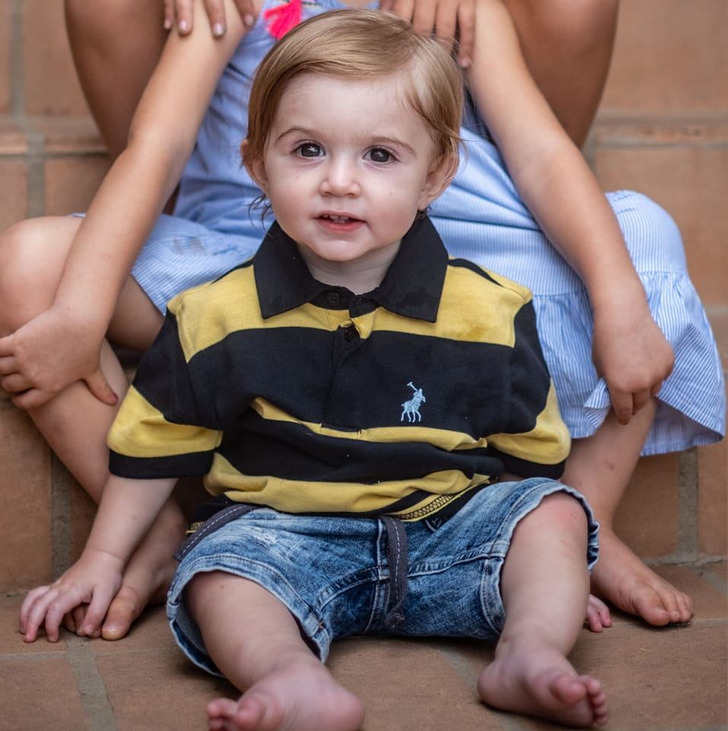
It all began when the toddler, just 1 year and 4 months old, developed what seemed like a typical eye infection. Initially, the family doctor prescribed antibiotic drops, thinking it was a simple issue. However, the situation quickly escalated. “Two days later, we noticed that there was something seriously wrong with the eye. It looked like something was growing inside his eyeball (which was not there the day before),” the mother recalls.
It became evident that something was terribly wrong when the toddler showed no pain or discomfort despite scratching his eye. “He literally put his finger in his eye, scratching his eyeball, without even flinching. This is not normal,” the mother says. The concerned parents immediately sought further medical attention, and the child was diagnosed with the herpes virus.
After several visits to specialists and thousands of dollars spent on medications and medical procedures, the toddler’s condition eventually entered remission.
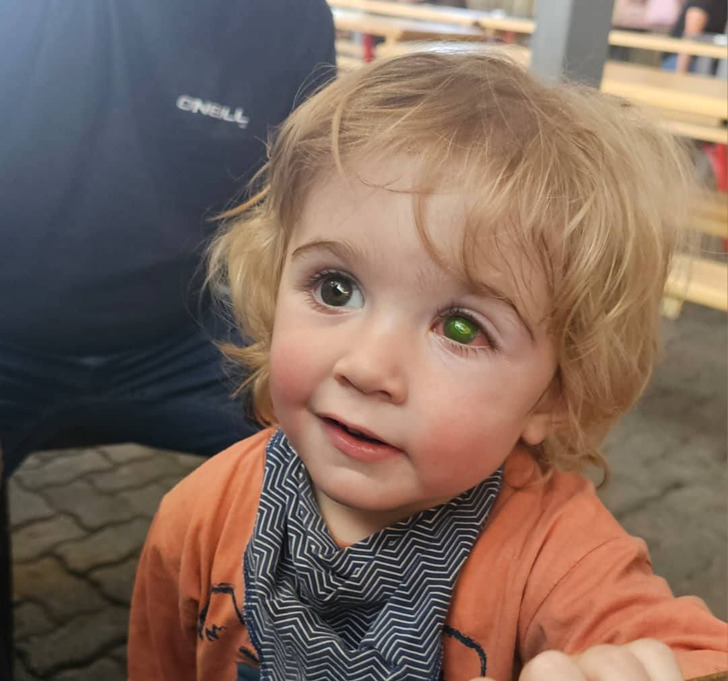
However, the virus cannot be fully cured. “Herpes virus cannot really be ‘cured,’ just ‘managed,’” the mother writes. “It tends to flare up every now and again, which is unfortunately what happened to our baby.”
The infection was so severe that the child developed a hole in the cornea—an open wound measuring 4mm in size. “It’s the most traumatic experience to look at your baby and literally see a 4mm open wound in his eye, which is so clearly visible,” the mother says. She also highlights that “The scariest part is that this virus, if left untreated, can migrate to the brain. Many other complications can also ensue.”
Despite the treatment and efforts to save the child’s eye, the road to recovery is still uncertain.
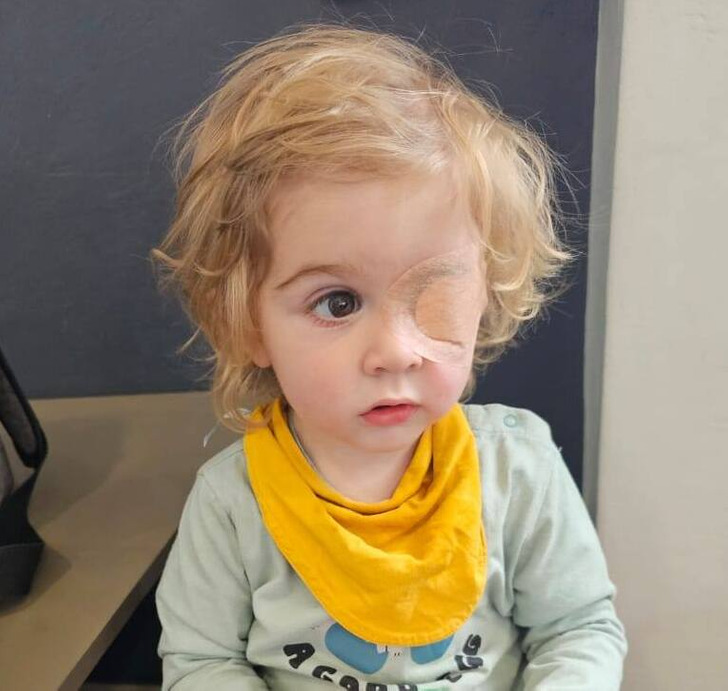
In January of this year, the family traveled to South Africa for a consultation with a pediatric ophthalmologist. The child underwent the first of three surgeries in an attempt to save his eye. The second surgery will involve harvesting nerves from the child’s leg to implant them into the eye, with the hope that this procedure will restore some function.
If the nerve implantation is successful, the child may eventually qualify for a cornea transplant, provided a suitable donor is found. However, the mother admits, “Whether any vision can ever be restored is unknown at this stage, but we have made peace with the fact that he could very well be (permanently) blind in his left eye.”
At present, the toddler’s eyelids are closed to protect the eye. The mother admits that this is an incredibly painful experience for her child, who must endure the discomfort and emotional trauma associated with the surgeries and their aftermath. Her post ends with the warning, “The moral of the story—don’t let anyone kiss your baby. Such a silly virus caused so much trauma and damage, it’s just not worth it!”
Herpes simplex virus type 1 (HSV-1) is a common virus that typically causes cold sores or fever blisters on or around the mouth.
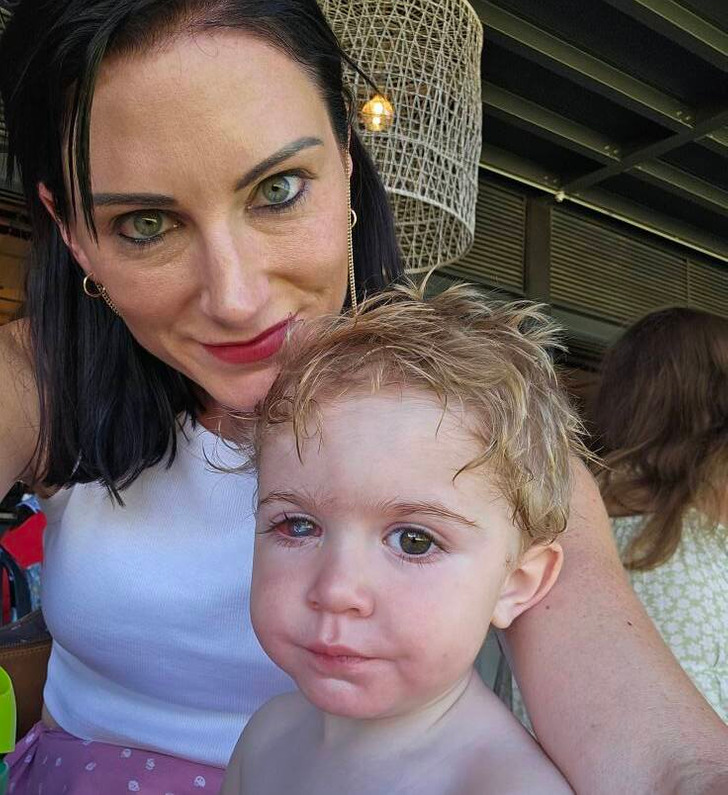
Herpes is often misunderstood, with many people believing that it’s not a serious issue. And while many people associate cold sores with adults, the virus can also be transmitted to infants and toddlers, often with serious consequences.
The virus is highly contagious and can be spread through close contact with an infected individual. This can include kissing, sharing utensils, or even contact with saliva through other means. It’s important to note that the virus can be transmitted even when no visible cold sores are present, which is why asymptomatic carriers are often unaware that they may be spreading the virus.
The toddler’s case is particularly alarming because the herpes virus caused significant damage to the child’s eye, including an open wound in the cornea. “Our baby lost most of his vision and sensation in his left eye. Due to the open wound, the eye was/is infected constantly,” the mother explains. If left untreated, such herpes can result in permanent vision loss or even the need to remove the eye to prevent further complications.
Here are some crucial steps parents can take to safeguard their children from the herpes virus:
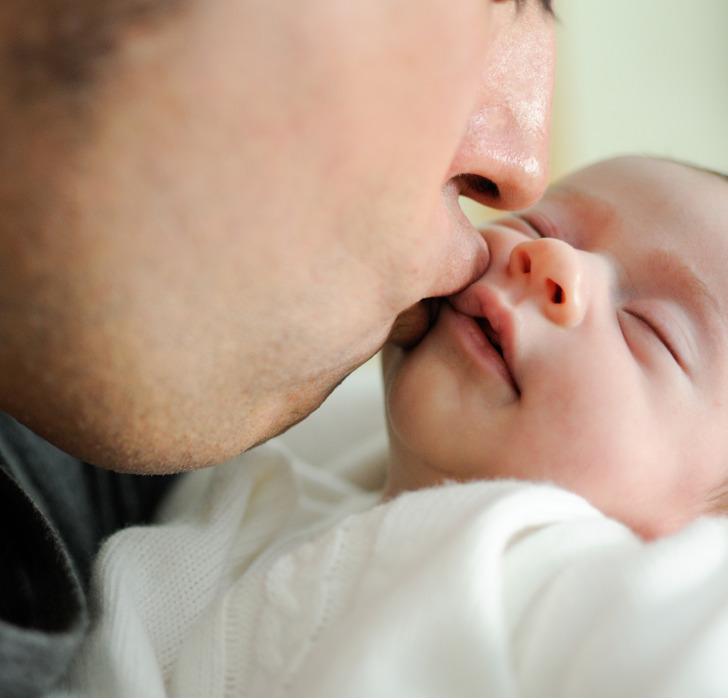
- Never allow kissing with cold sores: If you/family members have an active cold sore, avoid/don’t let them kiss babies or toddlers, even on their cheeks or hands. The virus can easily spread through direct contact with an infected area.
- Educate family and friends: Make sure that everyone who interacts with your child is aware of the risks of HSV-1. If someone has a cold sore, they should refrain from close contact with your baby until the sore has healed.
- Practice good hygiene: Always wash your hands thoroughly before touching a baby, and encourage others to do the same. This simple practice can prevent the transmission of viruses like HSV-1.
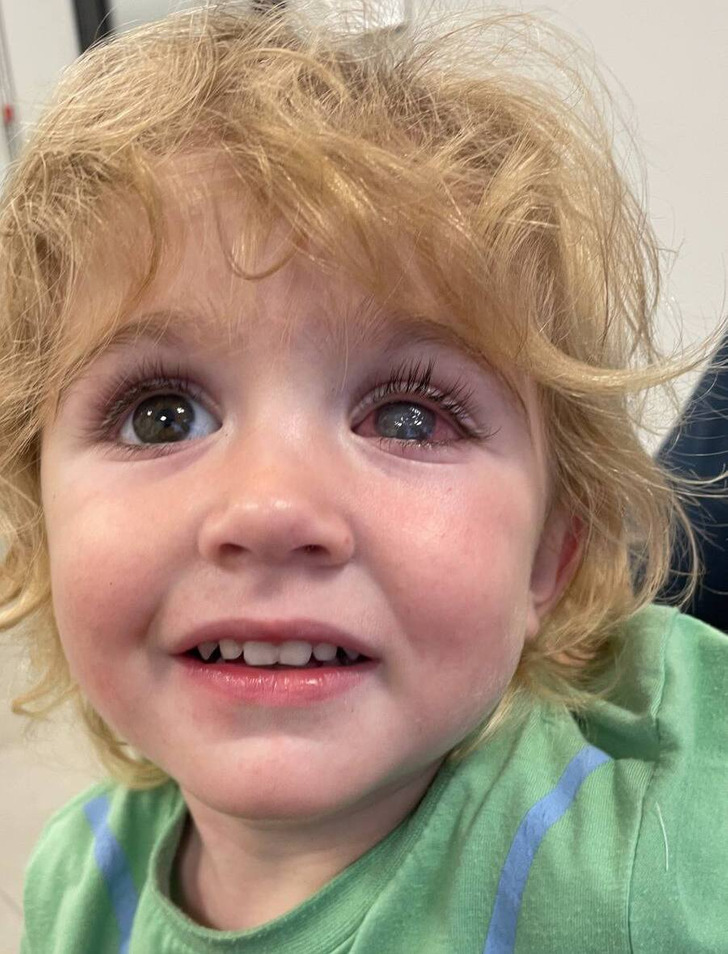
- Watch for subtle symptoms: Keep an eye out for any signs of eye infections in your child, such as redness, tearing, or squinting. Early intervention can make a significant difference in preventing long-term damage.
- Be cautious of asymptomatic carriers: Many people carry HSV-1 without showing symptoms. Even if someone does not have visible cold sores, they can still transmit the virus through skin-to-skin contact. Be vigilant, especially around newborns or infants with developing immune systems.
Children with weakened immune systems—whether due to illness, medication, or congenital conditions—are at higher risk for severe complications from HSV-1. In such cases, herpes infections can escalate more quickly and may be harder to treat.
If your child is immunocompromised, extra care should be taken to avoid potential exposure to the virus. This includes making sure that anyone who interacts with your child is aware of the risks and follows proper hygiene and preventative protocols.
This personal story isn’t the only one in which a family’s future has been shaken. Left to raise two children alone, one woman used her late husband’s life insurance to secure their financial future—until his family decided they were entitled to a “share.”



















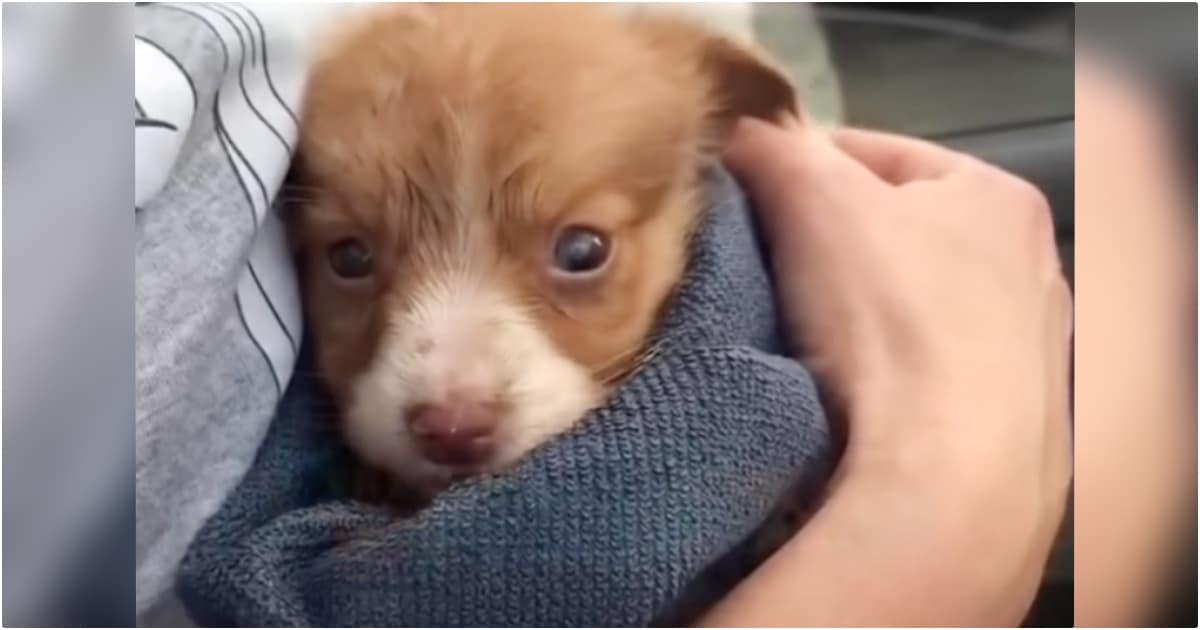













:max_bytes(150000):strip_icc():focal(999x0:1001x2)/catherine-ohara-013026-7-4b5b413a646d4f15a1fd15ac8b933811.jpg?w=1200&resize=1200,0&ssl=1)








